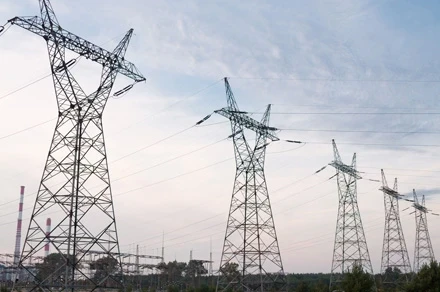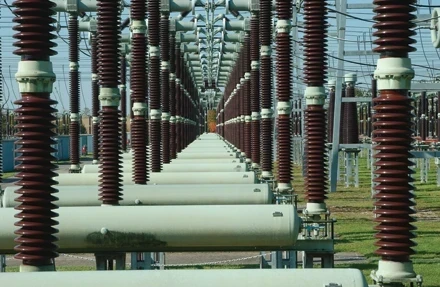PSE&G Fined $6.6M for Misreporting Transmission Needs

Public Service Electric & Gas Co. (PSE&G), New Jersey’s largest utility provider, has agreed to pay $6.6 million following an investigation into its inaccurate reporting regarding the need for a local transmission project within the PJM Interconnection, the regional grid operator responsible for ensuring reliable electricity across parts of 13 states and Washington, D.C.
The Investigation and Findings
The Federal Energy Regulatory Commission (FERC), which oversees wholesale electricity markets and transmission infrastructure, uncovered irregularities in PSE&G's reporting. According to FERC, PSE&G misrepresented key data that influenced the approval of a transmission project under PJM's jurisdiction. PJM, which manages the grid to ensure power stability and reliability, relies on member utilities like PSE&G to provide accurate assessments of system needs.
The specific project in question involved infrastructure upgrades purportedly necessary to address local reliability concerns. PSE&G's data indicated a heightened need for the project, ultimately leading to PJM's approval and subsequent cost allocation to ratepayers. However, further analysis revealed discrepancies between the reported data and actual system needs, sparking regulatory scrutiny.
The $6.6 Million Settlement
As part of the settlement, PSE&G will pay $6.6 million in penalties and adjustments. The utility has not admitted to any intentional wrongdoing but has committed to enhancing its internal processes to ensure greater accuracy and transparency in the future. The funds from the settlement will likely be distributed among affected stakeholders or reinvested in grid improvements, although specific allocation details remain pending.
Implications for Ratepayers and the Industry
This incident raises significant concerns about the integrity of utility reporting and its impact on electricity consumers. Transmission projects often come with substantial costs that are passed on to ratepayers. Misreported data can lead to unnecessary projects, inflating electricity costs for millions of customers. By penalizing PSE&G, FERC aims to send a clear message about the importance of accountability and data integrity in the energy sector.
For ratepayers, the settlement could translate to increased scrutiny of future project approvals, potentially preventing unwarranted expenses. It also underscores the critical need for regulatory oversight to protect consumers from bearing the financial burden of unjustified infrastructure investments.
Broader Industry Repercussions
The case against PSE&G has broader implications for the utility industry, particularly regarding transparency and accountability in reporting system needs. Transmission infrastructure is a cornerstone of the energy grid, enabling the flow of electricity across vast distances and ensuring reliability. However, the high costs associated with these projects necessitate rigorous checks and balances.
Utilities and grid operators are now under heightened pressure to refine their planning and reporting processes. PJM and similar organizations will likely implement stricter validation measures to verify the accuracy of data provided by member utilities. This incident could also pave the way for more robust auditing mechanisms and encourage utilities to adopt advanced technologies for real-time system monitoring.
Future of Regulatory Oversight
In light of the PSE&G settlement, FERC and other regulatory bodies may pursue more proactive oversight to prevent similar occurrences. Enhanced transparency requirements, coupled with more frequent audits, could become the norm. Additionally, the incident highlights the need for improved collaboration between utilities and grid operators to ensure that transmission projects are justified and aligned with actual system demands.
The settlement also raises questions about the balance between utility-driven infrastructure planning and independent validation. As the energy landscape evolves—with increasing reliance on renewable energy and electrification—ensuring the reliability and efficiency of the grid will remain a top priority.
Commitment to Accountability
PSE&G has expressed its commitment to learning from the incident and improving its operational practices. In a statement, the utility emphasized its dedication to providing reliable energy to its customers while adhering to regulatory standards. The company has already begun implementing changes to address the shortcomings identified in FERC's investigation.
The $6.6 million settlement serves as a reminder of the critical role that accurate data and regulatory oversight play in maintaining a reliable and cost-effective energy grid. For PSE&G, the penalties represent an opportunity to rebuild trust and strengthen its internal controls. For the broader energy sector, the case underscores the importance of vigilance in ensuring that transmission projects are necessary, efficient, and in the best interest of consumers.









